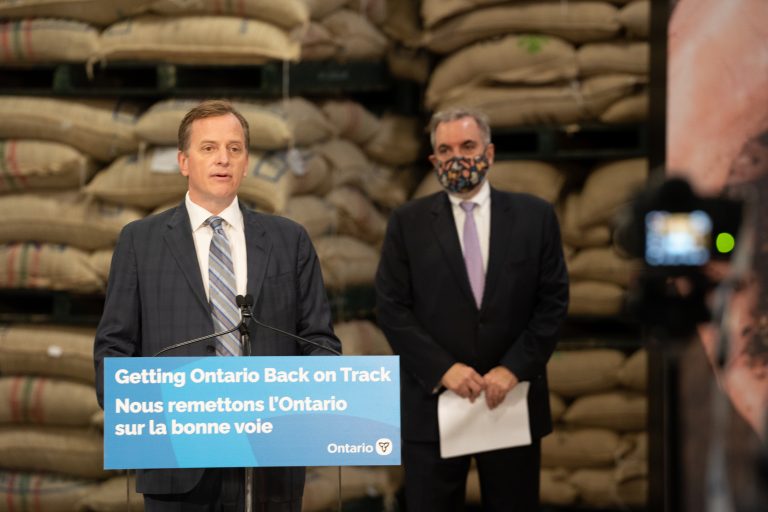It’s playoff time in the NBA and the NHL and fans are paying very close attention to the referees. Are they making the right calls? Are they interpreting the rules fairly?
The same is true for the staff of the Federal Trade Commission. Many of them are referees in the marketing arena. They are watching the many players on the field for moves that harm consumers and competing companies that play by the rules.
Like any serious game, the marketing arena has rules that the referees at the FTC enforce. And in the case of environmental claims, the FTC’s rulebook is its “Green Guides”. As the FTC says
The Green Guides were issued to help marketers ensure that the claims they are making are true and substantiated. The guidance they provide includes:
- general principles that apply to all environmental marketing claims;
- how consumers are likely to interpret particular claims and how marketers can substantiate these claims; and
- how marketers can qualify their claims to avoid deceiving consumers.
When the FTC updated the Green Guides in 2012, it made some important changes that reflect some common ways that companies use terms that can be misleading to consumers. The rising use of biodegradable and other claims about products degrading came in for special attention. As the FTC said,
“The Guides also:
advise marketers not to make an unqualified degradable claim for a solid waste product unless they can prove that the entire product or package will completely break down and return to nature within one year after customary disposal
caution that items destined for landfills, incinerators, or recycling facilities will not degrade within a year, so marketers should not make unqualified degradable claims for these items”
The current Guides include a section on certifications and seals of approval for the first time. While the certification of the Biodegradable Products Institute for PurPod100™ is sound and solid, other marketers need to be careful that their “seals of approval” are truly independent and not making claims that consumers might think point to general environmental benefits that aren’t real.
With the Green Guides in place and the FTC wearing its referee uniform, US consumers can have confidence in a fair playing field for everyone.
To learn more about the Green Guides, visit https://www.ftc.gov/tips-advice/business-center/guidance/environmental-claims-summary-green-guides



